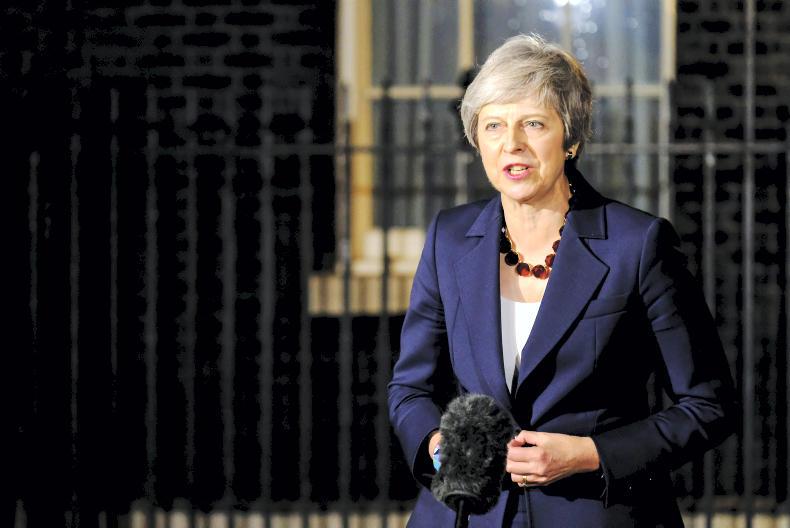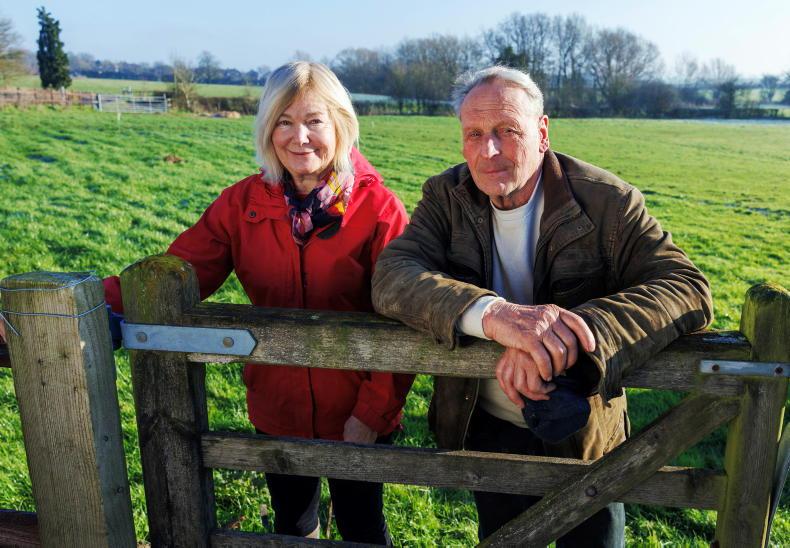Farmers on the island of Ireland are watching Brexit developments with increasing alarm.
There are now just eight days to go until 29 March, the UK's original date for departure from the EU. As things stand, the UK will leave with no deal or extension in place.
That means that all business transactions between Ireland and the UK will be conducted as they were prior to EU membership. In practical terms, that means a border on the island of Ireland wherever it may be enforced and tariffs.
Extension request
Theresa May has failed to secure support in Westminister for the Withdrawal Agreement she signed with the EU back in November 2018 and on Wednesday requested an extension of Article 50 until 30 June 2019 in order to try and conclude an agreement.
She is attending today's [Thursday] EU Council in Brussels in an attempt to persuade the EU 27 leaders to grant the extension.
The EU Council president, Donald Tusk indicated on receipt of the request that the EU would be "favourably disposed" to granting the request for an extension but with the condition that British MPs approve the Withdrawal Agreement.
Controversy
May leaves London having created huge controversy on Wednesday night following an address in which she basically blamed parliament for not approving her deal, positioning herself as being with the public. This is a high risk strategy when it is these same MPs that she must persuade to vote for her Withdrawal Agreement after two failed attempts already.
What now?
If May secures the extension request (there is a fair chance that she will because the EU don’t want a no-deal Brexit either), the focus will return to the House of Commons.
May will likely take another shot at securing support for her deal next week, which may or may not succeed. If it does, then the UK 's transition period continues on 30 March and for farmers and traders on the island of Ireland it will be business as usual.
If she fails, then Brexit will proceed at 11pm on 29 March.
More complex possibilities
There are a number of other options but they are unlikely to be achieved in the next week and don’t fit with Theresa May’s thinking anyway.
If she fails again with her Withdrawal Agreement next week, there has to be a real doubt about her remaining in office. The government could fall, leading to a general election.
There's also the possibility that the UK could unilaterally, without EU approval, decide to revoke its Article 50 application and remain in the EU. Politically this may appear unlikely, though interestingly the British government's e-petition website, which has over 950,000 signatures, crashed this morning such was the surge in support for stopping Brexit and withdrawing the Article 50 application.
The worst case scenario for Ireland is a no-deal crash out on Friday week.
The UK last week published its tariff schedule in the case of a no-deal Brexit, which liberalised basically all import tariffs (87%) except those on agriculture. Full WTO tariffs will be applicable on sheepmeat imports into the UK, with reduced tariffs on beef, dairy, and pigmeat.
Imports to Northern Ireland from the Republic of Ireland will not be subject to import tariffs. However, any imports into Britain from Ireland that transit through Northern Ireland will be subject to tariffs – though how this will be enforced is unclear.
Exports from the UK to any EU member state will carry full WTO tariffs.









SHARING OPTIONS